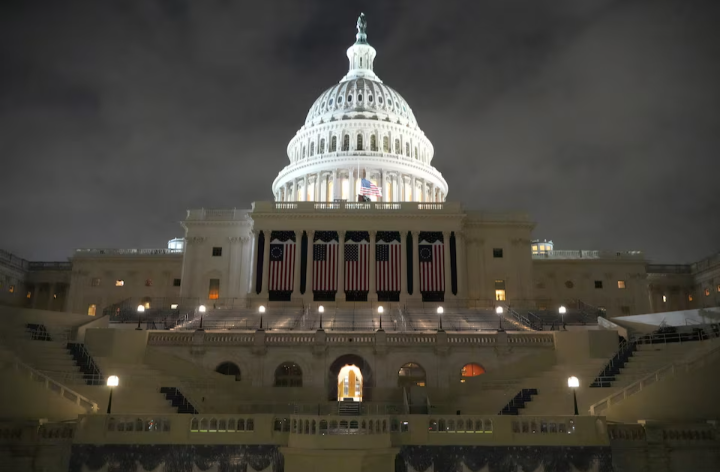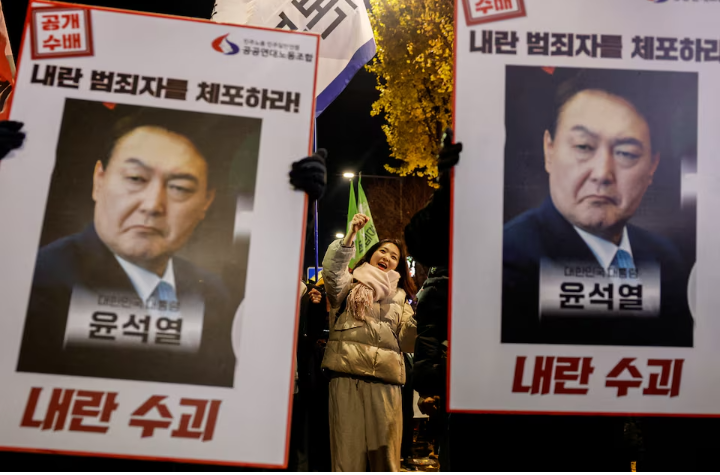In a dramatic legal showdown, U.S. District Judge John C. Coughenour of Seattle has issued a temporary restraining order against President Donald Trump's recent executive action aimed at terminating birthright citizenship. The judge, appointed by President Ronald Reagan, did not mince words, labeling the order as "blatantly unconstitutional." This decisive move comes just days after Trump signed the controversial directive, which sought to redefine the parameters of the 14th Amendment's Citizenship Clause.
The executive order, titled "Protecting the Meaning and Value of American Citizenship," was signed on January 20, 2025. It proposed denying U.S. citizenship to children born on American soil if their mothers were either unlawfully present or in the country on temporary visas, and their fathers were neither citizens nor lawful permanent residents. The policy was slated to take effect on February 19, 2025, but faced immediate legal challenges from multiple states and civil rights organizations.
Attorneys general from Arizona, Illinois, Oregon, and Washington spearheaded the legal opposition, filing lawsuits that argued the executive order violated the 14th Amendment, which guarantees citizenship to all individuals born or naturalized in the United States. Judge Coughenour's ruling grants a 14-day temporary restraining order, halting the implementation of the policy as the court deliberates on a preliminary injunction.
The Department of Justice has signaled its intent to appeal the decision, setting the stage for a potentially protracted legal battle that could ascend to the Supreme Court. Legal experts note that the Supreme Court's 125-year-old precedent in United States v. Wong Kim Ark supports birthright citizenship, which complicates Trump's efforts. Despite the Republican-majority Supreme Court, it remains unclear if they will overturn established law.
This legal confrontation underscores the deepening divisions over immigration policy in the United States. As the nation awaits further judicial review, the debate over the interpretation of the 14th Amendment and the future of birthright citizenship remains a focal point of contention. The outcome of this case could have profound implications for the nation's identity and its foundational principles regarding citizenship.





